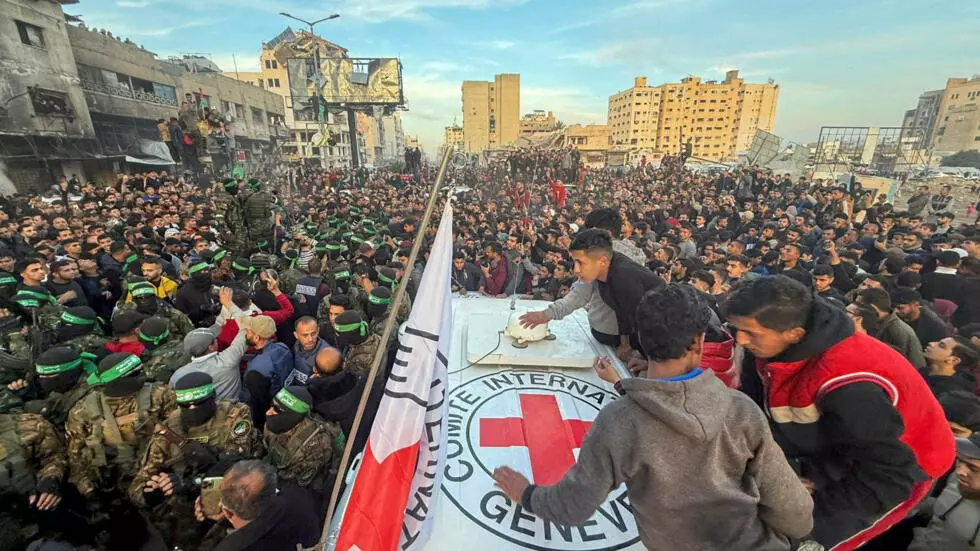New research by economists warns that the US retirement system is poised to fail a large portion of future retirees, particularly younger generations and lower-income workers, Forbes reports.
The country is just eight to nine years away from Social Security’s inability to pay full benefits, and many Americans, especially those in the bottom 60% of earners, are predicted to struggle more in retirement than their predecessors.
The retirement shortfall is especially stark for younger workers, such as Generation Y and Millennials, who are expected to fare worse than Baby Boomers and Generation X. This growing disparity is exacerbated by inequality in employer-sponsored retirement plans. According to a study by Vanguard, the top 20% of earners receive 44% of all employer contributions to 401(k)-type plans, further deepening the divide between high- and low-income workers.
Even conservative economists, like Andrew Biggs from the American Enterprise Institute, agree that current tax laws disproportionately benefit top earners, reinforcing this inequality. Middle-class workers, meanwhile, are facing increased financial vulnerability. According to the 2022 Federal Reserve Bank’s Survey of Consumer Finance, households aged 50-65 in the middle 70% of the income distribution have a median retirement savings of $86,000 but a median debt of $89,700. This precarious balance could leave retirees financially unprepared as they age.
A particularly concerning finding is that nearly 40% of middle-class older workers are projected to fall into poverty or near-poverty in retirement, according to research by economists Siavash Radpour and Teresa Ghilarducci. This trend is worse in the US than in other advanced nations, where elder poverty rates are significantly lower. In the Netherlands, only 5% of elders live in poverty, compared to 23% in the US.
Adding to the concerns, a study found that 79% of Americans aged 62-70 in 2028 may not be able to maintain their pre-retirement living standards without continuing to work. This highlights how many older Americans will be unable to rely solely on Social Security, particularly as other forms of retirement income — savings, pensions, and home equity — dwindle with age.
Despite some optimistic reports that highlight a robust retirement income for certain cohorts, critics argue that these studies often focus on high earners or retirees from earlier generations who benefitted from higher Social Security payments and defined benefit pension plans. Many of today’s retirees, particularly those from Generation X and younger, will not enjoy the same financial stability.
Experts warn that without significant reform, the US retirement system will continue to leave a large portion of the population financially vulnerable. The growing retirement crisis is particularly acute for middle- and lower-income workers, who will face declining living standards and increased hardship in their later years unless action is taken to expand and secure Social Security.









